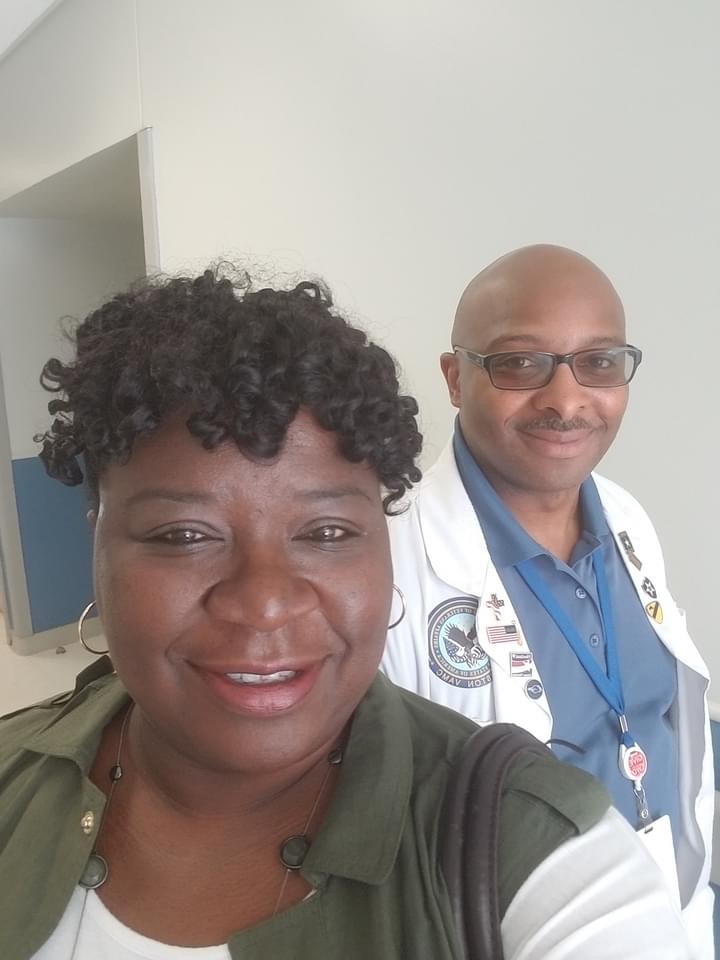My husband of 29 years passed away 26 months after diagnosis of a glioblastoma. He was a mostly healthy 49-year-old man and had served 20 years in the Army. We were doing what we loved, going on a drive and talking about life when he began to drift off the road.
There were a lot of assumptions made about his early symptoms. Some of the assumptions were that my car needed an alignment, he needed a stronger prescription, he needed some physical therapy on his left wrist, or he just needed rest. His early symptoms were treated as vertigo, but a brain scan revealed a greater enemy. It was a large tumor near the thalamus — inoperable.
Initially, it was recommended we call the family and let him go peacefully, but love couldn’t let go. We fought and saw my husband stand again, preach again, witness a child graduating from college, and wade through the ocean. We never got him all the way back, but we were graced with time. Sixteen months in, a second tumor formed under the original location, which had responded amazingly to the standard of care. Ironically, after a second round of radiation, his memory strengthened as his body weakened. His thoughts were clear. I got more time with him mentally.
He passed in June 2023. Unfortunately, I joined the ranks of too many military wives whose spouses survived multiple combat tours of duty but came home to develop a form of cancer out of nowhere. Who really knows the depths of how burn pit exposure affected our service members? All I know is my hero gave his all. He served valiantly in service and at home, and he will never be forgotten.



